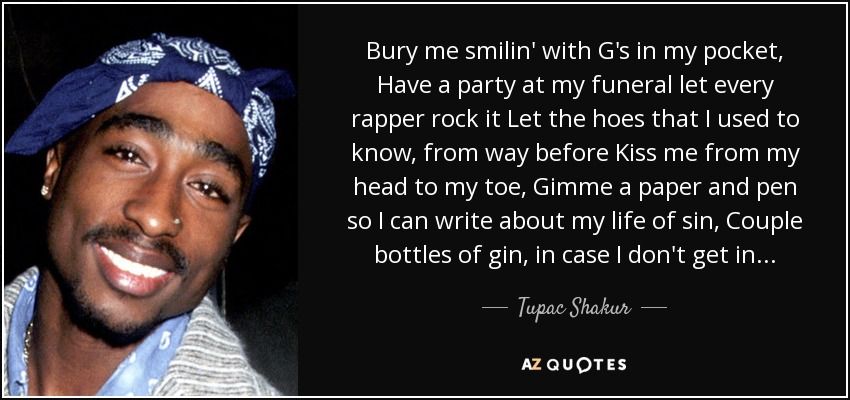Are you tired all the time and cannot fathom the reason why? We expect to bounce off the walls with energy and happiness when we sleep well at night. Most people enjoy that benefit, although millions of people across the country feel tired and groggy no matter how many hours of sleep they get at night. If you are among those people, simple changes may be the key to feeling your best once again.
Often, lifestyle changes impact us enough that we feel great with the right amount of sleep. If lifestyle changes do not solve the problem, schedule an appointment with a medical professional. Oftentimes medical conditions cause daytime sleepiness and grogginess. After a medical diagnosis and proper treatment, daytime sleepiness becomes one less issue burdening your life.
Many things may cause you to feel sleepy during the day. Most of us experience this feeling on occasion. It is when you feel tired more often than not that you should worry. Things like the foods that you eat and your pre-bedtime activities may impact how you feel the next day. Or it may be caused by a serious medical condition like restless leg syndrome or sleep apnea.
If you don't think your issues with sleep are due to a medical condition, and simply need customized advice on improving your sleep hygiene, you can try a personal sleep consultation to learn more about your habits and how you can improve.
Now, here's more about some more serious reasons behind your sub-par sleep.
If you're otherwise healthy, but are always sleepy no matter how much sleep you get, you may have Hypersomnia. In short, hypersomnia is a chronic neurological condition that makes you tired no matter how much sleep you get.
If you find yourself being tired throughout the day, even after a full night sleep, you may want to look into hypersomnia to learn the best way to improve your sleep.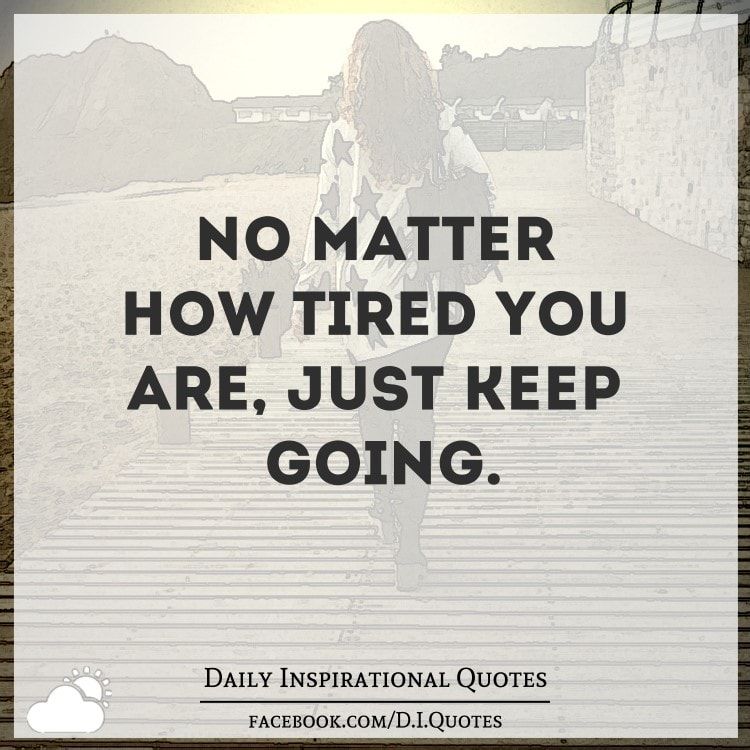
Need Help Sleeping Better? Request our FREE Sleep Hygiene Guide.
Check out the list of common causes of daytime sleepiness on the list below:
Many of us lead lifestyles that are not exactly sleep-friendly. These lifestyles affect our sleep quality and thus impact how we feel the next day. Whether you stay up late cramming for a test or out and about enjoying life with friends, the lack of sleep catches up with you eventually and all the signs that you are sleep-deprived rear their ugly faces. This includes poor decision-making skills, increased risk of an accident, and other undesirable consequences. A little bit of sleep hygiene improves habits that may negatively impact how you feel.
A little bit of sleep hygiene improves habits that may negatively impact how you feel.
Get Matched With Your Perfect Mattress
We know how hard it is to find a mattress just by reading information online.
Thats why we created a mattress finder quiz to help pair you with the perfect mattress for your sleep style and comfort preferences
One of many medical conditions causing sleepiness, sleep apnea is also very serious because it causes the sufferer to stop breathing while they sleep.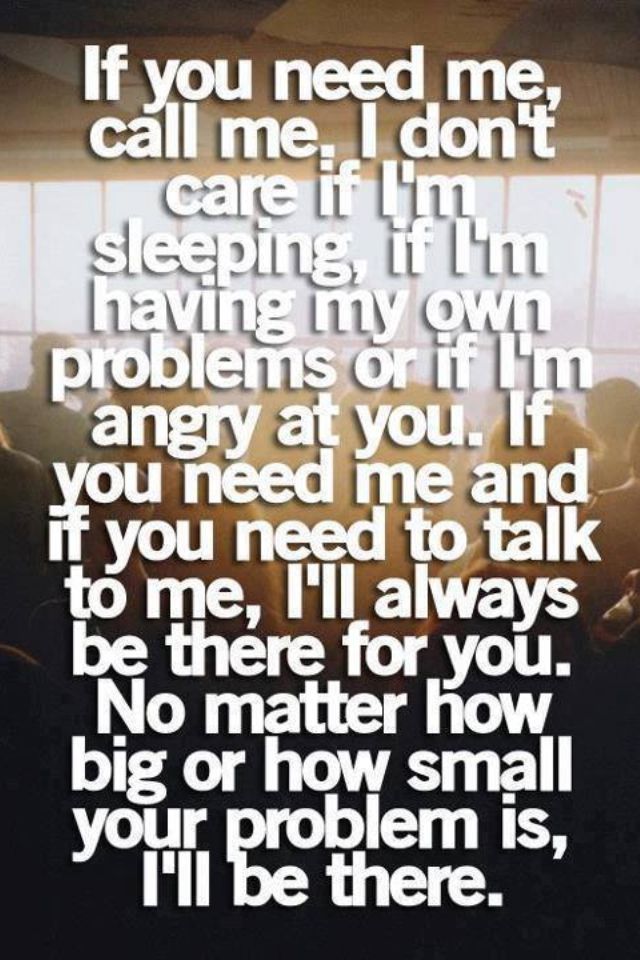 A good indication that a person suffers from sleep apnea is waking up feeling tired and unrested. Every person with sleep apnea experiences an array of symptoms. Most common is a loud snort followed by a gasp that causes the sufferer to wake from their slumber. This leads to lighter sleep stages. Some people do not remember the episodes, but instead, others notice their habits. Treatments for sleep apnea usually involves the use of a CPAP machine at home. Sleep apnea is a chronic condition, but with medical intervention, is highly manageable.
A good indication that a person suffers from sleep apnea is waking up feeling tired and unrested. Every person with sleep apnea experiences an array of symptoms. Most common is a loud snort followed by a gasp that causes the sufferer to wake from their slumber. This leads to lighter sleep stages. Some people do not remember the episodes, but instead, others notice their habits. Treatments for sleep apnea usually involves the use of a CPAP machine at home. Sleep apnea is a chronic condition, but with medical intervention, is highly manageable.
Narcolepsy causes a person to randomly fall asleep during the day. The person may be in the middle of a conversation when they suddenly nod off. Narcolepsy patients may sleep for minutes or longer and wake up and resume activities as nothing happened. Narcolepsy symptoms often appear suddenly without warning or indication of a problem. One of the four defining symptoms of narcolepsy is excessive sleepiness.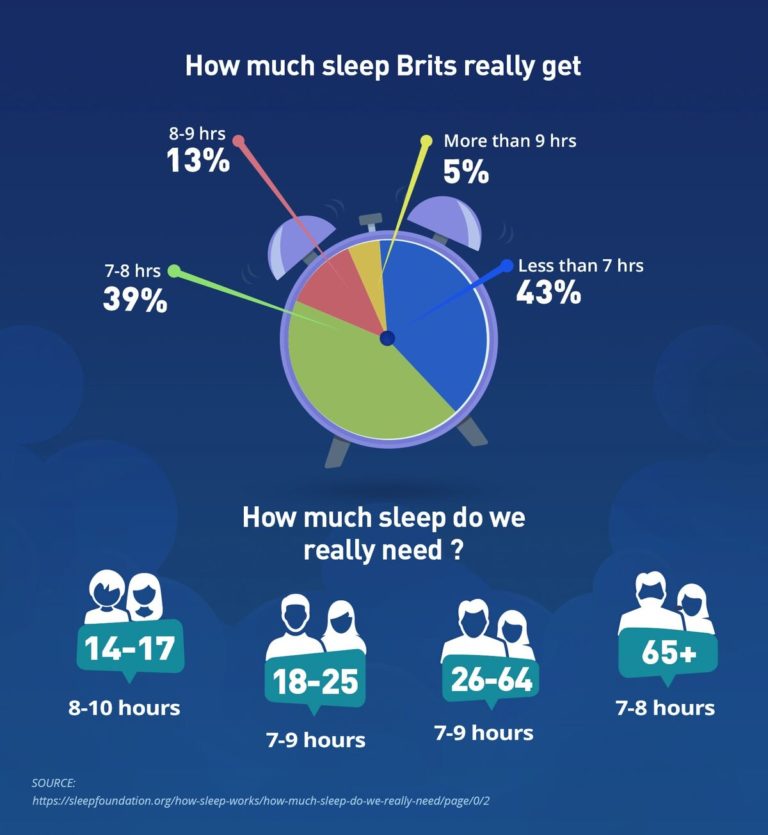 Cataplexy is another symptom of narcolepsy. Ritalin and other prescription medications may treat narcolepsy. This condition must be diagnosed and treated by a medical professional.
Cataplexy is another symptom of narcolepsy. Ritalin and other prescription medications may treat narcolepsy. This condition must be diagnosed and treated by a medical professional.
Any disorder that requires excessive movements during the day may cause you to feel tired and sleepy the following day. Restless Leg Syndrome, or RLS, is among the most common of those disorders. People of all ages and backgrounds may experience restless leg syndrome. Characterized by uncomfortable sensations (may say it feels like they are being poked with pins) RLS occurs commonly during the evening hours when a person lays down to rest. It may also worsen with age and occurs more often in older adults. Moving the legs around usually minimizes the discomfort. Your doctor has several treatment options available for RLS relief.
Circadian Rhythm is the body's natural clock. It helps coordinate the body's activities to the timing of light and dark. When the circadian rhythm is distorted, you may feel sleepy when at work or during other inappropriate times. People with these disorders may have trouble falling asleep or staying asleep. Light therapy and melatonin are two popular treatments that help get the circadian rhythm back on track, so you feel well-rested and ready to roar. Visit your doctor who can diagnose the exact condition and recommend and prescribe the best course of treatment for your specific needs.
When the circadian rhythm is distorted, you may feel sleepy when at work or during other inappropriate times. People with these disorders may have trouble falling asleep or staying asleep. Light therapy and melatonin are two popular treatments that help get the circadian rhythm back on track, so you feel well-rested and ready to roar. Visit your doctor who can diagnose the exact condition and recommend and prescribe the best course of treatment for your specific needs.
Chronic fatigue syndrome is a medical condition that still baffles doctors. The exact cause of this condition is unknown, but what experts know about it is that sufferers experience a myriad conditions and symptoms ranging from poor sleep quality, fatigue, confusion, poor decision-making skills, daytime sleepiness, and many others. Therapy, medication, and self-care often improve the condition. People of all ages experience chronic fatigue, though more common in older adults.
Everyone feels sleepy or tired from time to time, even when they slept well the night prior. When this feeling occurs often, there is a problem. Do not ignore daytime sleepiness and other sleep problems. Signs and symptoms that occur may indicate a more serious problem that needs immediate medical attention. The causes above lead to daytime sleepiness more often than others, although this list certainly is not complete. Change your lifestyle using the above information and if you are still tired all the time without any noticeable changes within a few days, schedule an appointment with your doctor to rule out or diagnose medical conditions like chronic fatigue that may cause sleepiness.
When this feeling occurs often, there is a problem. Do not ignore daytime sleepiness and other sleep problems. Signs and symptoms that occur may indicate a more serious problem that needs immediate medical attention. The causes above lead to daytime sleepiness more often than others, although this list certainly is not complete. Change your lifestyle using the above information and if you are still tired all the time without any noticeable changes within a few days, schedule an appointment with your doctor to rule out or diagnose medical conditions like chronic fatigue that may cause sleepiness.
The latest ad for the world's comfiest mattress is at it again. You stare enviously at the screen as the ad model bounds out of bed perkily when the alarm clock goes off. You can't help but wonder, "Why am I always sleepy no matter how much sleep I get?"
Before the guilt train over not being bright-eyed and bushy-tailed goes full steam ahead, we're going to put on the brakes and tell you this: Feeling groggy when you wake up is a completely normal phenomenon called sleep inertia. What's not natural is when you constantly feel tired throughout the day.
What's not natural is when you constantly feel tired throughout the day.
Maybe you think you've had enough sleep and the lingering drowsiness is a foreshadowing of a medical condition. But hold up on the health scare. Did you actually have a full night of sleep, or did your mid-afternoon cup of coffee lead to frequent middle-of-the-night awakenings? Perhaps it isn't a lack of sleep behind your low energy levels, but rather an out-of-tune body clock inciting circadian misalignment. Whatever the case may be, your sleep problems are most likely a byproduct of undersleeping rather than oversleeping.
Disclaimer: This post is not intended as medical advice. While the RISE app supports natural sleep patterns and boosts sleep hygiene, it does not treat medical conditions.
So, Why Am I Always Sleepy No Matter How Much Sleep I Get?Anyone struggling with excessive daytime sleepiness knows how much of a drag it can be on their everyday life. Cue the impaired cognitive skills, slower reflexes, weakened immune system, and poorer mood the next day. It's also a recipe for chronic diseases further down the road.
It's also a recipe for chronic diseases further down the road.
You feel like you’re sleeping a lot, so you don’t understand why you’re still tired. The reality is, you’re likely not sleeping as much as you think you are, leading to high sleep debt and/or you’re suffering from circadian misalignment.
In the next few sections, we'll talk about these two factors in detail.
Culprit No. 1: High Sleep DebtThe RISE apps shows how much sleep debt you carry on a daily basis.High sleep debt dampens your energy levels. To understand how that happens, let's clarify a few key terms:
 This is a problem confounded by sleep apps that don't peg your sleep score to your individual need. That's why we created RISE to correct this glaring oversight — it calculates your sleep need right down to the exact hour and minute.
This is a problem confounded by sleep apps that don't peg your sleep score to your individual need. That's why we created RISE to correct this glaring oversight — it calculates your sleep need right down to the exact hour and minute. If you don't meet your sleep need, leftover adenosine stays in your system, leaving the seesaw unbalanced and making you feel groggier than usual.
If you don't meet your sleep need, leftover adenosine stays in your system, leaving the seesaw unbalanced and making you feel groggier than usual.The reason you're sleepy all the time boils down to these three things:
It's fine to be sleepy at certain times of the day. As part of your circadian rhythm, you naturally have daily energy peaks and dips. (You can view the timing of yours on the Energy Schedule in the RISE app.)
But when there's sleep debt looming over your head, your energy peaks won't feel as peaky, and your dips will be a real trough. That's because your body is urging you to pay off your sleep debt and reach sleep homeostasis again so that you can feel and function at your best.
Of course, there are solutions to help you get there as quickly as you can: well-timed naps, an earlier bedtime (that's still within your Melatonin Window on the RISE app), and sleeping in up to an hour past your usual wake time.
But ultimately, to keep sleep debt at bay, you need to cultivate bulletproof sleep hygiene through positive lifestyle changes and tweaks to your sleep environment.
Culprit No. 2: Circadian MisalignmentAnother reason you might feel bone-weary tired is circadian misalignment.
Your circadian rhythm is the internal body clock that regulates vital biological processes like your sleep cycle and energy fluctuations. Going against the flow of your circadian rhythm — a later-than-usual bedtime, working the graveyard shift, etc. — incites circadian misalignment.
Daylight savings time (DST) perfectly exemplifies how a mere one-hour fast-forward/fall-back of your sleep schedule has massive repercussions on your sleep and health. Below, we share three other scenarios that regularly trigger circadian misalignment to a much greater degree in most people.
Below, we share three other scenarios that regularly trigger circadian misalignment to a much greater degree in most people.
The timing of your circadian rhythm is, in part, dictated by your chronotype. From sleeping to waking, eating to exercising, there’s a right time to carry out your daily activities if you want to be in top form. Your chronotype is why you might identify as a “night owl” or an “early bird” — with a good number of us somewhere in between these two extremes.
For many night owls, it’s likely your current lifestyle is at odds with your chronotype because we live in an early-bird world. When you’re biologically inclined to a later sleep-wake schedule, it feels excruciatingly impossible to drag yourself out of bed at the crack of dawn and fulfill work or school duties. No wonder you constantly think to yourself, "I'm always sleepy no matter how much sleep I get!"
The SolutionYour best bet is to align your lifestyle with your chronotype. If that isn't possible, say, you're an evening chronotype with a 9-5 job, try actively shifting your circadian rhythm to match your life demands. While it's doable, take note that it requires time, effort, and consistency.
If that isn't possible, say, you're an evening chronotype with a 9-5 job, try actively shifting your circadian rhythm to match your life demands. While it's doable, take note that it requires time, effort, and consistency.
You’ve heard of (and probably have experienced) travel jet lag. But there’s another form of jetlag you may not know: social jetlag, when your social and biological clocks are out of sync.
In the past, the epitome of social jetlag was a late-to-bed, late-to-rise timetable on the weekends (or days off), only to strong-arm your internal clock into an early sleep-wake schedule during the workweek. Nowadays, with a work-from-home schedule that doesn't necessitate a consistently timed morning commute, social jetlag is a much more frequent occurrence.
Unfortunately, this form of jetlag doesn't just take a toll on your body the next day. Its backlash extends far into the future — animal models confirmed the close relationship between circadian disruption and metabolic diseases like diabetes and obesity.
Consistency is the antidote to social jetlag. If some deviation from your sleep-wake times is non-negotiable, maintain a semblance of regularity in other aspects of your daily routine.
For example, regular meal times are a solid tactic to steady your circadian rhythm. In a 2020 systematic review and meta-analysis, scientists recommended time-restricted eating (TRE), which "emphasizes the timing of eating within a limited duration" to minimize and prevent the ill effects of circadian misalignment. The paper concluded that TRE improved several metabolic metrics — such as weight gain, blood pressure, glucose levels, and cholesterol levels — for better overall health.
Scenario 3: Shift WorkShift work is one of the most prevalent triggers of circadian misalignment in modern society. Research explains the side effects that a shift worker can experience from circadian misalignment alone as well as circadian misalignment coupled with sleep debt:
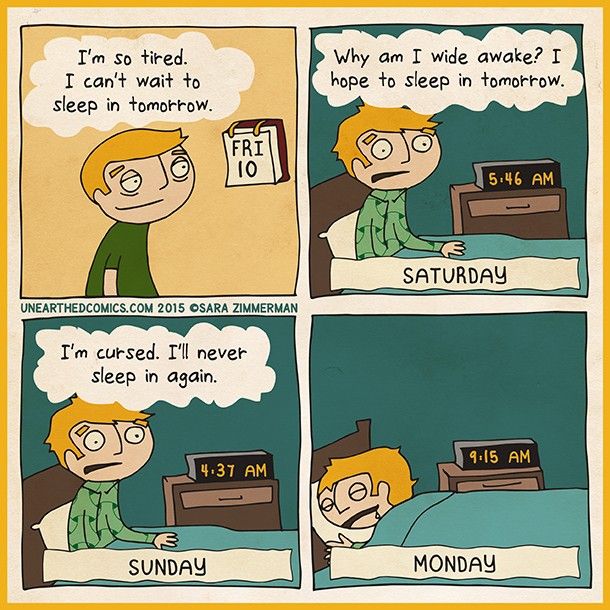 Another 2019 study highlighted that circadian disruption is linked to a greater risk of sarcopenia (progressive muscle loss).
Another 2019 study highlighted that circadian disruption is linked to a greater risk of sarcopenia (progressive muscle loss).Healthy sleep hygiene tamps down the worst of SWSD. You can also leverage certain circadian cues to bring forward or delay your sleep schedule for better circadian alignment.
For instance, light is the most potent circadian cue to start, stop, and reset your internal clock. Expose yourself to bright light (preferably sunlight) when you wake up and avoid artificial light (especially blue light) in the few hours before bed.
If possible, request rotating shifts that move forward in time. Forward shifts push your bedtime backward so you experience less circadian disruption and need less adjustment to your sleep schedule.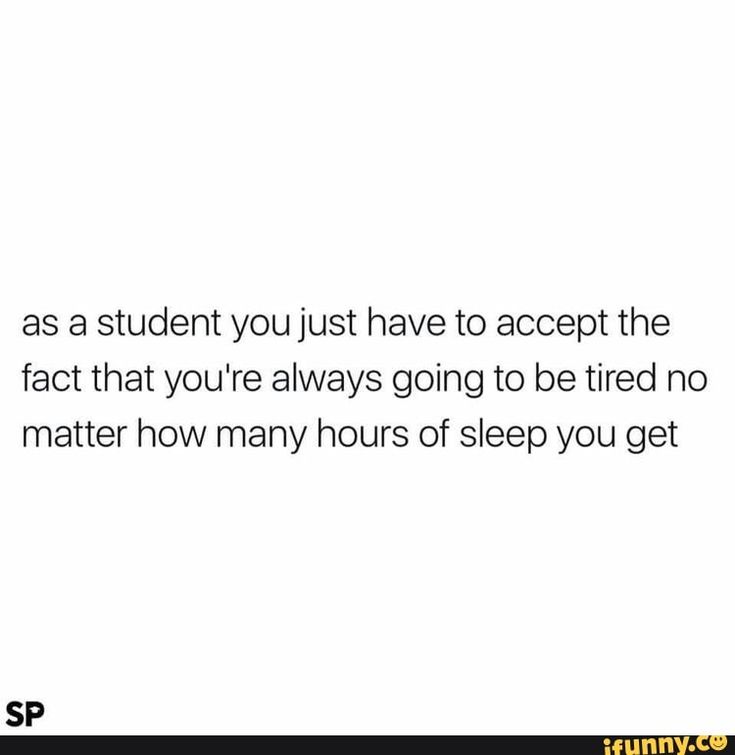
If high sleep debt and circadian misalignment aren't to blame for your persistent tiredness, there may be a chance a health condition is at work.
The tendency to sleep longer than the average person is medically known as hypersomnia or oversleeping. It's a common symptom in various medical conditions and sleep disorders such as:
Take note that symptoms, like joint pain or backaches, can also affect the amount and quality of your sleep, so you end up perpetually sleepy. The same goes for certain medications and stimulants, like antihistamines and alcohol.
Stop Feeling Sleepy All the Time With RISEFor the most part, the answer to "Why am I always sleepy no matter how much sleep I get?" is most likely hefty sleep debt and/or circadian misalignment. Very rarely would it be a chronic illness triggering hypersomnia.
Very rarely would it be a chronic illness triggering hypersomnia.
But you can stop feeling sleepy all the time with RISE, which will help you get the sleep you need and stay aligned with your body clock. Download the RISE app today so you can feel and function at your best.
January 14, 2013 at 00:02
Modern man has almost no time for sleep. Moreover, not only the duration, but also the quality of sleep suffers: many complain that they wake up broken and tired. How much sleep do you need to wake up refreshed? Why do we not get enough sleep, and what does it threaten? Ask your question to a sleep specialist.
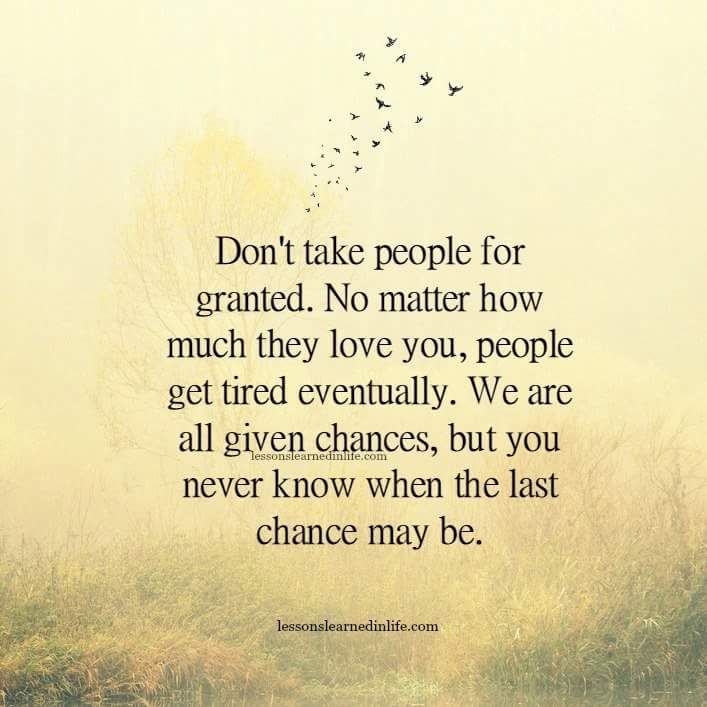
In your question, you provide too little data on sleep disturbance. Maybe it's about insomnia. Perhaps jet lag, meaning you go to bed and wake up earlier than most other people do. In any case, to obtain adequate assistance, you should consult a doctor.
Your excessive need for sleep can be due to both daytime behavior (stress, excessive fatigue) and possible diseases - including sleep diseases. Undergo a general routine examination and consult a somnologist (sleep specialist) to rule out possible illnesses and evaluate your daytime wakefulness.
Sleep disturbance, when in a dream they clench their teeth and cut them off, is called bruxism . Its cause is excessive activity of the muscles with which food is chewed. The need to see a doctor arises only when, as a result of squeezing and grinding, teeth deteriorate: enamel and bite are broken, caries appears. In this case, you need to contact an orthopedic dentist to resolve the issue of protection for the teeth in the form of a special plate for the night.
 Why?
Why? There are many reasons why a person may not get enough sleep after nine hours of sleep. To get the right answer, you need to consult a sleep specialist - a somnologist.
Night terrors refer to sleep disorders such as parasomnias . If you are young, they may pass on their own. A doctor should be consulted if potentially dangerous behavior occurs during nightmares or if there is excessive daytime sleepiness after them. Certain sleep disorders can also lead to nightmares.
 And I can't go to bed earlier. Either the pillow is uncomfortable, or it's hot. Advise how to normalize your sleep.
And I can't go to bed earlier. Either the pillow is uncomfortable, or it's hot. Advise how to normalize your sleep. You correctly note the inconveniences that prevent you from falling asleep. It is necessary to change the pillow, air the room before going to bed 30-40 minutes before going to bed and eliminate all other obstacles that can lead to poor sleep. I would recommend that you get more sleep (at least eight hours), because, among other things, you are studying, and good sleep is necessary for good learning.
Adolescents aged 14 to 17 need at least eight to nine hours of sleep. It should be noted that, as a rule, at this age, children study intensively, so sufficient sleep is necessary to restore the body and be ready for a better perception of new knowledge.
It is better not to "accustom" the body to such sleep restrictions, otherwise you will earn chronic sleep deprivation. It reduces brain functions associated with attention, learning, concentration. Prolonged lack of sleep can lead to chronic diseases, including high blood pressure and insomnia.
No, not normal. Insomnia, or insomnia, in a healthy person does not happen without a reason. Sleep disturbances sometimes happen to healthy people, but they are always situational (exams, urgent work, etc.) and always go away after the cause has passed.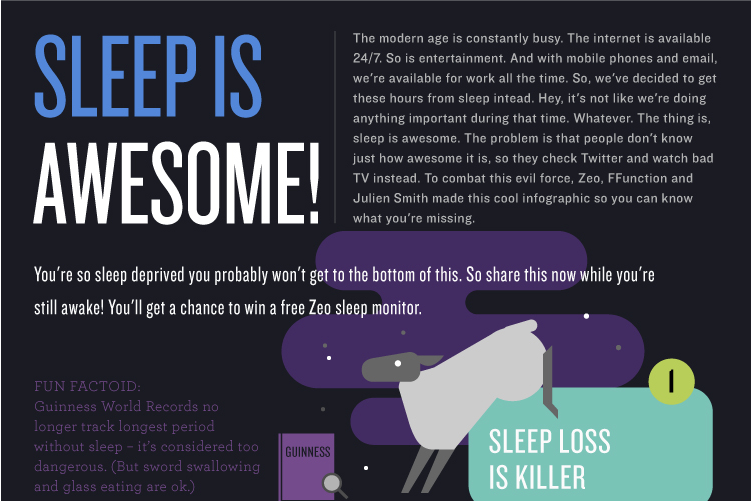 If insomnia does not go away within two to three weeks, you should go to the doctor so as not to turn the situation into a chronic state.
If insomnia does not go away within two to three weeks, you should go to the doctor so as not to turn the situation into a chronic state.
Perhaps the first step would be to follow sleep hygiene (good sleep rules). If this does not help, you need to contact a specialist for advice.
Rapid falling asleep is not associated with a certain position of the body. As a rule, a person who already experiences drowsiness before going to bed falls asleep well and quickly. For this drowsiness to come at approximately the same time, you need follow the daily routine and play sports . These recommendations are listed in more detail in the rules of good sleep.
As a rule, a person who already experiences drowsiness before going to bed falls asleep well and quickly. For this drowsiness to come at approximately the same time, you need follow the daily routine and play sports . These recommendations are listed in more detail in the rules of good sleep.
 What is it connected with? And how do you wake yourself up?
What is it connected with? And how do you wake yourself up? Uncontrolled falling asleep may be a manifestation of a disease such as narcolepsy. The clinical picture you describe is very similar to this disease. You need to undergo a polysomnography (sleep study) and meet with a sleep specialist - a somnologist.
You may have insomnia. To normalize the condition, you need to consult a doctor: a neurologist or a psychotherapist.
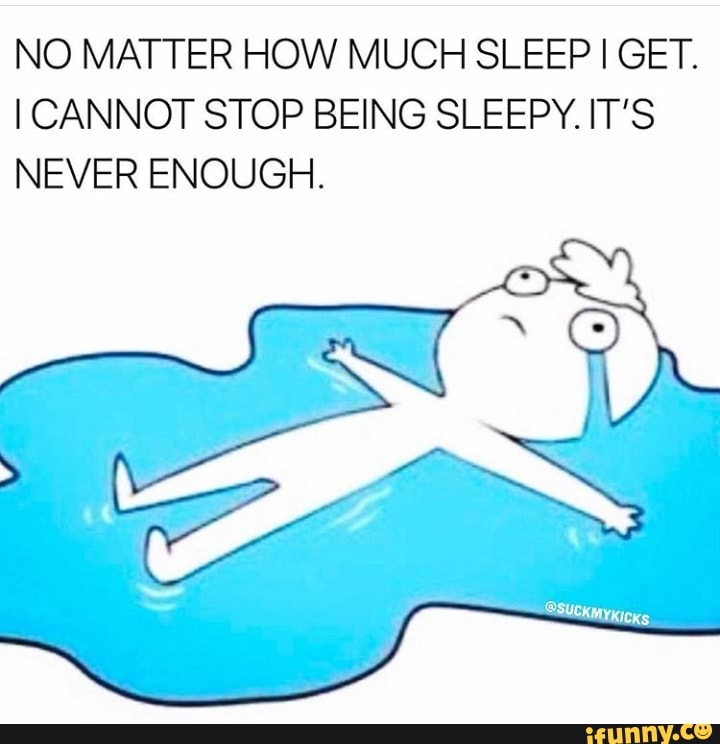 I tried to fall asleep at 22.00 and 23.00, but I can’t. I toss and turn, I think all sorts of thoughts that I don’t need .... the result is the same, in the morning (at 7.30) I can hardly get up and, naturally, I’m half asleep at work. Do you have any advice that would help me go to bed like all normal people. (even at 11pm?) R. S. Is it true that sleeping on your stomach is bad?
I tried to fall asleep at 22.00 and 23.00, but I can’t. I toss and turn, I think all sorts of thoughts that I don’t need .... the result is the same, in the morning (at 7.30) I can hardly get up and, naturally, I’m half asleep at work. Do you have any advice that would help me go to bed like all normal people. (even at 11pm?) R. S. Is it true that sleeping on your stomach is bad? The problem of discrepancy between individual biological rhythms and social rules is quite acute. In your case, you need to either adjust your biorhythm to the general one (the rules of healthy sleep and light therapy provide some help), or adjust your social life to your biorhythm. If there is such an opportunity, change work to one that starts later, start business not from the very early morning, or work individually in a remote position. You can learn how to rebuild your biorhythm from a somnologist - a sleep specialist. Sleeping on your stomach is not bad. All people in the process of sleeping can sleep on their stomach.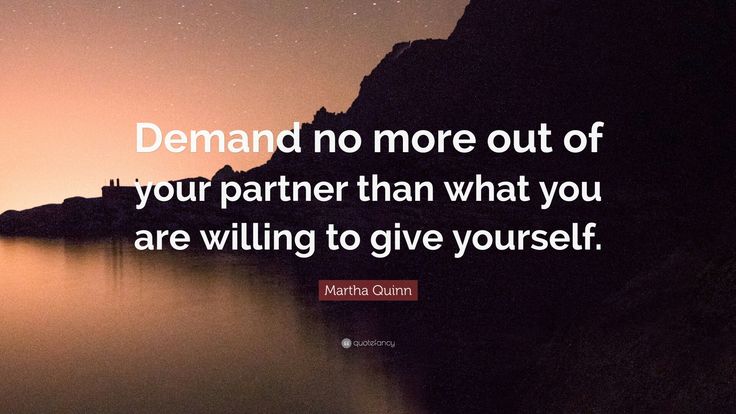
If this condition lasts more than a month, then you should go to the doctor. Do not start the problem, because the situation can escalate and become chronic.
If you go to bed at nine o'clock in the evening and get up at 4:30 - 5:00 in the morning, then perhaps your body has had enough sleep and does not want to sleep anymore.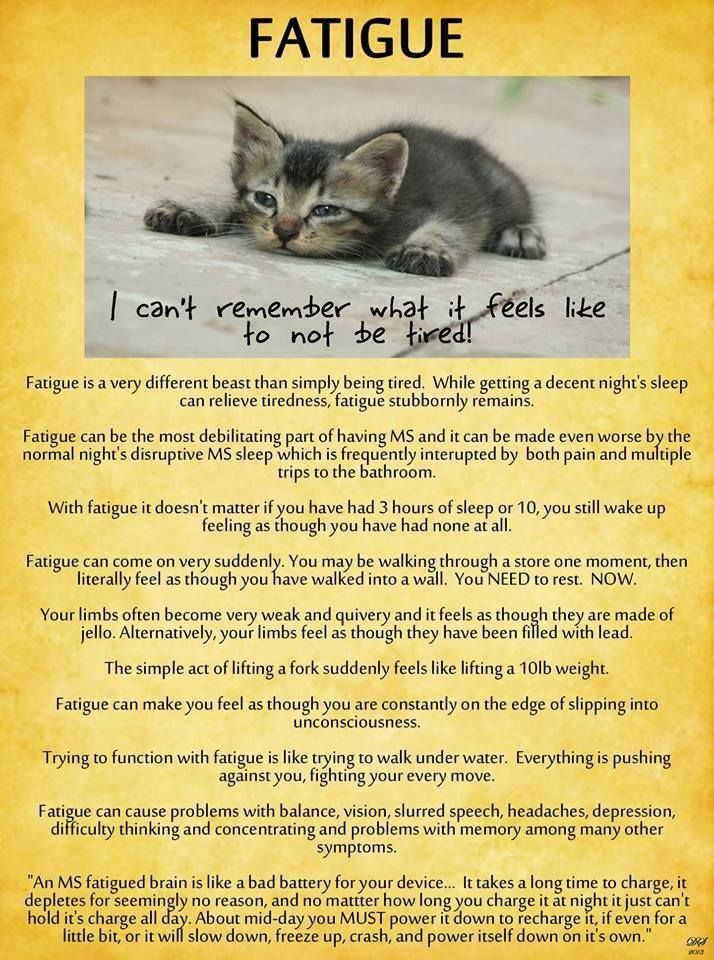 You've been asleep for about eight hours. You don't have to go to bed again. Get up, do exercises, take a contrast shower and go about your business. If you want to wake up right before work, then you should not go to bed earlier, but on the contrary, later. Sleep can be affected not by sitting at the computer in itself, but by staying in one fixed position for a long time. To avoid prolonged hypodynamia, it is necessary interrupt work with periodic pauses: walk, do light warm-up exercises.
You've been asleep for about eight hours. You don't have to go to bed again. Get up, do exercises, take a contrast shower and go about your business. If you want to wake up right before work, then you should not go to bed earlier, but on the contrary, later. Sleep can be affected not by sitting at the computer in itself, but by staying in one fixed position for a long time. To avoid prolonged hypodynamia, it is necessary interrupt work with periodic pauses: walk, do light warm-up exercises.
Most likely not, this is your natural norm. In this situation, you can recommend that you go to bed so that there is no sleep deficit, that is, so that the average sleep time allows you to get enough sleep.
The problem you describe is that your internal biological clock is behind those around you. As a result, you do not get enough sleep, and 's attempts to compensate for lack of sleep on weekends do not lead to anything good. Good sleep habits can help set your internal clock a little ahead.
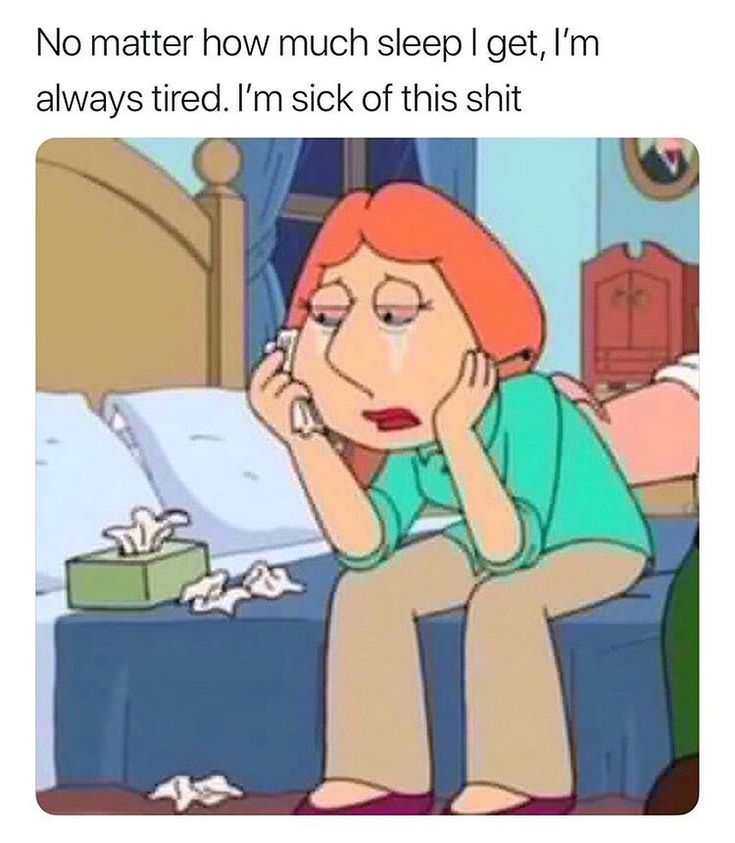 Over 2 years ago I started having trouble sleeping. I fall asleep at the same time: 22-00 plus or minus 30 minutes. But I wake up at 2 am. I almost always fall asleep within 30-40 minutes. The next awakening is at 4 in the morning and it is often impossible to fall asleep, as the brains turn on!. I feel completely broken. How can I normalize sleep
Over 2 years ago I started having trouble sleeping. I fall asleep at the same time: 22-00 plus or minus 30 minutes. But I wake up at 2 am. I almost always fall asleep within 30-40 minutes. The next awakening is at 4 in the morning and it is often impossible to fall asleep, as the brains turn on!. I feel completely broken. How can I normalize sleep In your case, it is better to try to understand what led you to such a sleep disorder. You may need the help of a psychotherapist. At this time, you can take soothing herbal infusions before going to bed. If you do not want to sleep for more than 20 minutes, then I recommend that you finally get up at four o'clock, get in good shape and do daily activities, because your body has already slept for about six hours. Try to do this for several days and you will see that your sleep has become stronger and you have already begun to wake up by five or six hours. In this case, you can not go to bed during the day or go to bed before ten o'clock in the evening.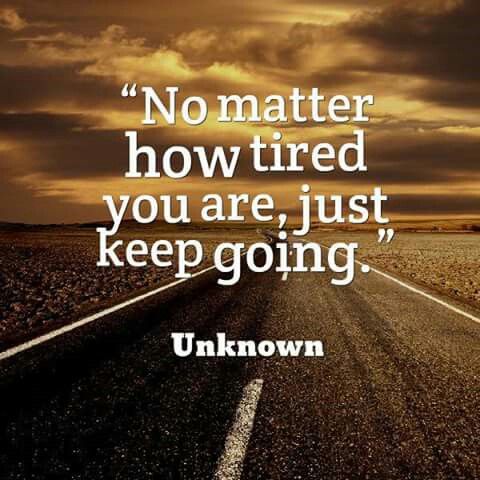
You can check the "normality" of sleep with the help of a sleep study - polysomnography . This study provides information about the presence or absence of sleep diseases, and also registers the structure of sleep: the alternation and correspondence of stages and phases of sleep.
 45, I don’t get much sleep (I love work very much and I’m not going to change).
45, I don’t get much sleep (I love work very much and I’m not going to change). General recommendations are as follows. It is necessary to alternate night and day work, suppose two weeks at night and two weeks during the day. After the night shift, it is recommended not to go to bed immediately, but to do some business until 12-13 o’clock, and only then fall asleep. Of course, such a rhythm of alternating sleep and wakefulness, as you describe, is harmful and can lead to chronic sleep disorders. In addition, you need to sleep more at night (more than seven hours), since you add a lack of night sleep to the state of chronic sleep deficiency.
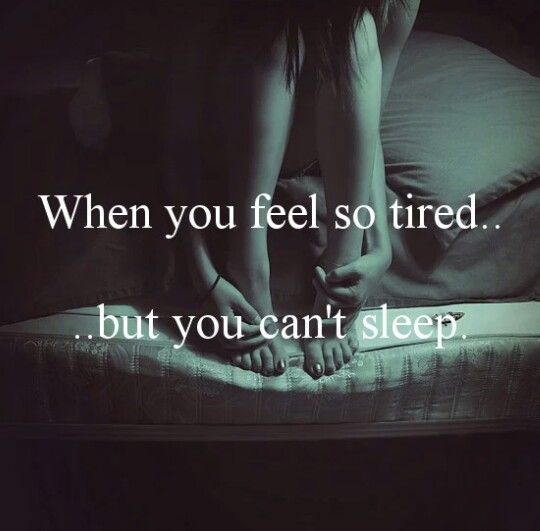 And the next one I don’t sleep at all, I toss and turn, I’m nervous. I get up, drink soothing drops and in the morning I can fall asleep. I want to ask you. Whether it is possible to use sleeping pills in such cases.
And the next one I don’t sleep at all, I toss and turn, I’m nervous. I get up, drink soothing drops and in the morning I can fall asleep. I want to ask you. Whether it is possible to use sleeping pills in such cases. In your situation, a short course of sleeping pills (no more than three to four weeks) may be justified. However, do not forget that long-term use of sleeping pills can be addictive. Try to shift your sleep time one or two hours later, do not let yourself fall asleep early, move more during the day, try to get physically tired .
You need not just to sleep, but to get enough sleep . To check what prevents you from doing this, you may need a sleep study - polysomnography.
 It is very difficult to wake up in the morning. If I set an alarm for 6 o'clock, then in the morning when I call, I start rearranging it every five minutes. In short, it is very difficult to wake up in the morning, and in the evening I cannot fall asleep for a long time. What to do, help!!!
It is very difficult to wake up in the morning. If I set an alarm for 6 o'clock, then in the morning when I call, I start rearranging it every five minutes. In short, it is very difficult to wake up in the morning, and in the evening I cannot fall asleep for a long time. What to do, help!!! You need to try to “translate” your natural clock to an earlier time for falling asleep and waking up. For this, light therapy and recommendations for healthy sleep are usually used. How to do this, you can find out from a somnologist - a sleep specialist.
In your case, perhaps the cause of insomnia is stress and the inability to relax after a hard day's work. All healthy ways of relaxation will do: fitness, yoga, auto-training. You may need to consult a psychotherapist to decide the right behavior strategy to protect against stress. In addition, you need to practice the rules of good sleep. Some of them you have already begun to perform (walks in the evenings). Learn the rest.
All healthy ways of relaxation will do: fitness, yoga, auto-training. You may need to consult a psychotherapist to decide the right behavior strategy to protect against stress. In addition, you need to practice the rules of good sleep. Some of them you have already begun to perform (walks in the evenings). Learn the rest.
It is not entirely clear why ear plugs should be used when sleeping unless there is a noisy device nearby. Eye mask is used when it is necessary to sleep during the day in bright light or not wake up at early hours due to the same light (for example, on an airplane when flying to a different time zone).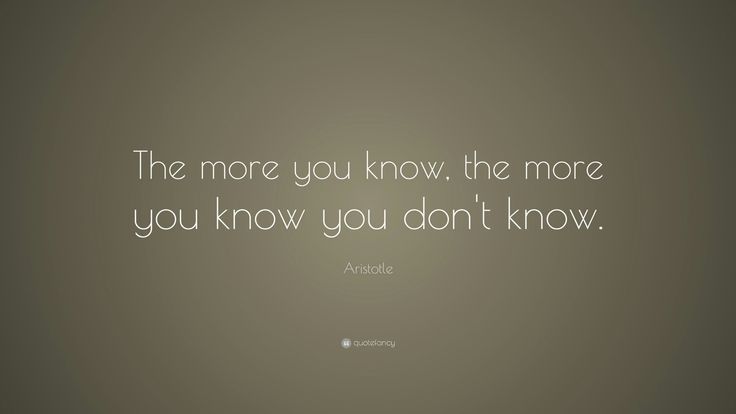 In an ordinary bedroom, thick curtains are enough to block out light.
In an ordinary bedroom, thick curtains are enough to block out light.
If this situation continues in the future, the development of chronic diseases is possible. Probably, even now you don’t feel well, because lack of sleep leads to mood disorders, a decrease in various brain functions (memory, concentration, reaction). In addition, if you drive in this condition, you are not only a danger to yourself, but also to others, as the likelihood of an accident while driving increases.
 It feels like I'm sleeping and I hear everything, as a result, in the morning like a broken trough, what should I do?
It feels like I'm sleeping and I hear everything, as a result, in the morning like a broken trough, what should I do? In order to have a sound sleep, it is necessary to adhere to the rules of healthy sleep. If within four to five weeks of following these rules daily, the depth of sleep is not restored, it is better to consult a specialist. This can rule out possible sleep disorders.
If epileptic seizures are not associated with sleep, then usually sleep is not disturbed. A more serious problem is the side effects of drugs that treat epilepsy. As a rule, excessive daytime sleepiness is associated with the action of antiepileptic drugs, which worsen the structure of sleep. It is necessary to consult with your doctor and, if possible, adjust the dose or try to look for a replacement.
It is necessary to consult with your doctor and, if possible, adjust the dose or try to look for a replacement.
In your situation, the cause may be daytime stress, which does not “let go” of you at night. Consultation of the neurologist and, probably, the somnologist is necessary.
Depending on your age, you should get at least eight to nine hours of sleep. The main sign of adequate sleep duration should be a feeling of cheerfulness and a surge of energy in the morning.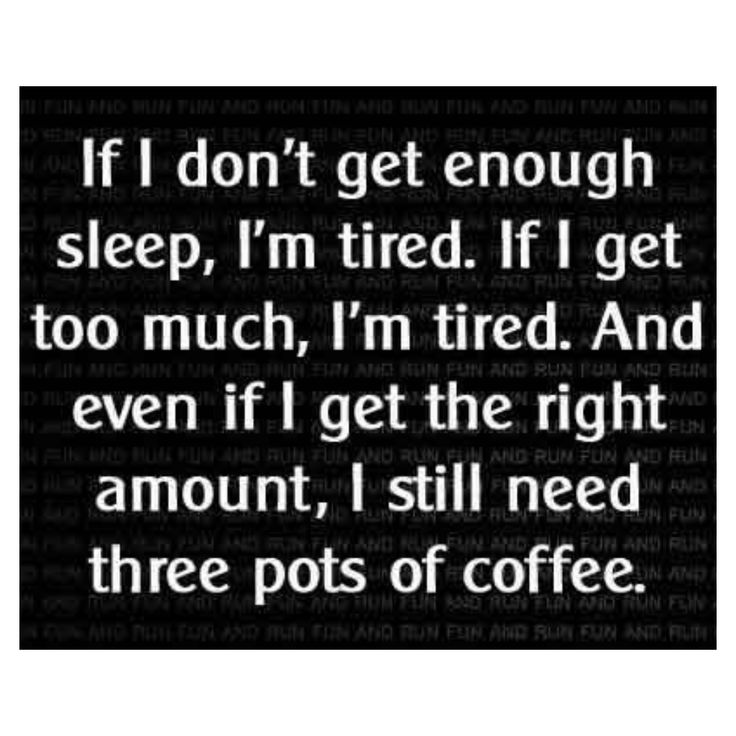 In addition, such a sleep rhythm when trying to sleep off at the weekend , not very useful. It can lead to early sleep disturbances. There should not be a shortage of sleep on weekdays, then it will be easier to sleep on weekends.
In addition, such a sleep rhythm when trying to sleep off at the weekend , not very useful. It can lead to early sleep disturbances. There should not be a shortage of sleep on weekdays, then it will be easier to sleep on weekends.
Unfortunately, correspondence consultations cannot always help to understand the situation. Therefore, I recommend visiting specialists: a neurologist and a somnologist (sleep expert). They can determine how dangerous the symptoms you listed are to your husband's health.
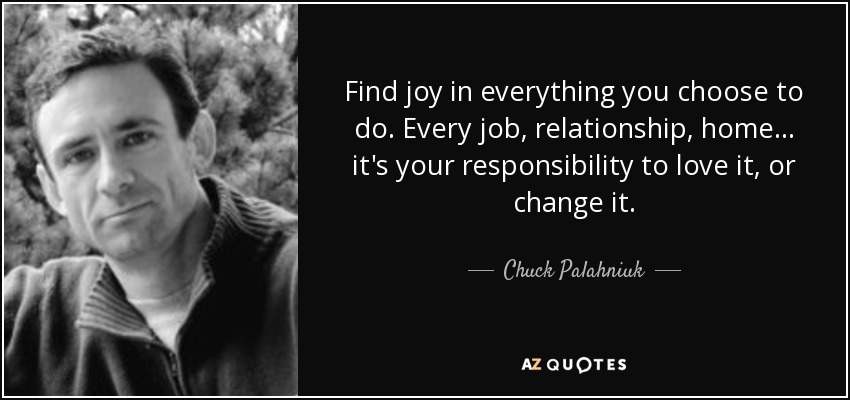 She was treated with antidepressants, a psychotherapist. It helped, but the dream is bad. Wakes up in the middle of the night, it is hard to get up in the morning, disturbing dreams come off. Maybe not cured?
She was treated with antidepressants, a psychotherapist. It helped, but the dream is bad. Wakes up in the middle of the night, it is hard to get up in the morning, disturbing dreams come off. Maybe not cured? One of the criteria for getting rid of the consequences of stress is the complete restoration of sleep. Your daughter needs to continue treatment so that her sleep is fully restored. Otherwise, chronic insomnia may develop.
This may be due to the peculiarity of your biological rhythms, tuned to a certain awakening time. If you are awakened by an alarm clock, then it may be slightly ahead of the biological time of awakening. You need to move it a little to an earlier time. Try going to bed an hour earlier.
If you are awakened by an alarm clock, then it may be slightly ahead of the biological time of awakening. You need to move it a little to an earlier time. Try going to bed an hour earlier.
There are many reasons for waking up during the night. These may be disturbed conditions for comfortable sleep : noise or stuffiness in the room, uncomfortable bed, etc. The consequences of stress, and various diseases accompanied by sleep disturbances, may also be disturbing.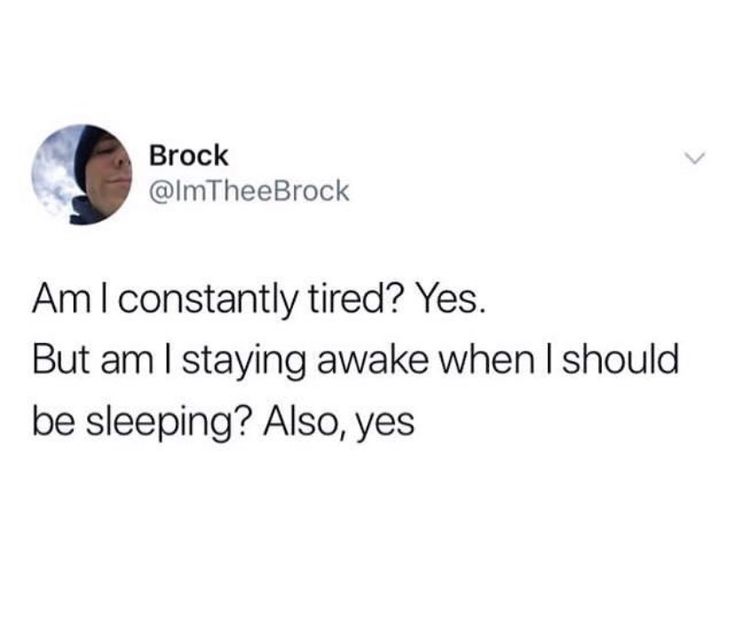 To determine the exact cause, you need to conduct a sleep study - polysomnography - and consult a doctor.
To determine the exact cause, you need to conduct a sleep study - polysomnography - and consult a doctor.
Daytime sleep is not contraindicated and does not impair health. Many nations (Spanish, Italian, Portuguese) have used the opportunity to sleep during the day for centuries. It must be taken into account, however, that daytime sleep will shift the start of nighttime sleep to a later time and disrupt the natural rhythm of sleep and wakefulness.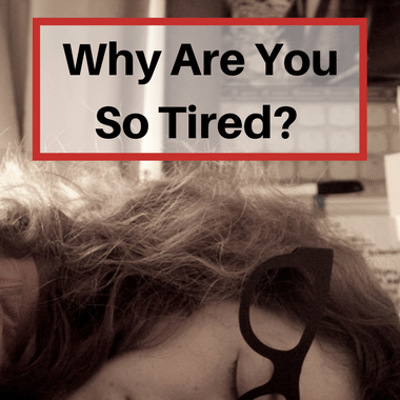 I would also like to clarify that such a need for sleep may be due to a lack of light and not oxygen. Often in such cases, light therapy is prescribed.
I would also like to clarify that such a need for sleep may be due to a lack of light and not oxygen. Often in such cases, light therapy is prescribed.
Your natural body clock is probably set to delay natural sleepiness, so a later bedtime is also better for you. However, do not forget that you should not deprive yourself of enough sleep so that there is no shortage of it. Therefore, it is necessary, if possible, to calculate the features of your biological clock and plan the routine of ordinary life, based on this knowledge.
To help you, you need to understand what causes you to wake up so early. This requires expert advice. As long as you can apply the rules of healthy sleep, they help solve the problem in some cases.
Your internal biological clock is probably slightly ahead of the average sleep-wake rhythm. In this situation, the most correct solution would be to go to bed earlier than usual by one to two hours. Try to rearrange your wakefulness schedule to suit your biological rhythm: do the main things in the morning and in the first half of the day, without leaving them for the evening.
In this situation, the most correct solution would be to go to bed earlier than usual by one to two hours. Try to rearrange your wakefulness schedule to suit your biological rhythm: do the main things in the morning and in the first half of the day, without leaving them for the evening.
The simplest advice is to normalize your schedule to go to bed and get up at the same time , including weekends. Try shifting your sleep and wake schedule one to two hours earlier. Then your internal clock will coincide with the schedule of the lives of others, and you will not experience discomfort.
Dreams usually reflect various daytime experiences. So that dreams do not interfere with sleep , it is necessary to reduce the level of daytime stress, be sure to do physical work or sports during the day and relax - especially before bedtime.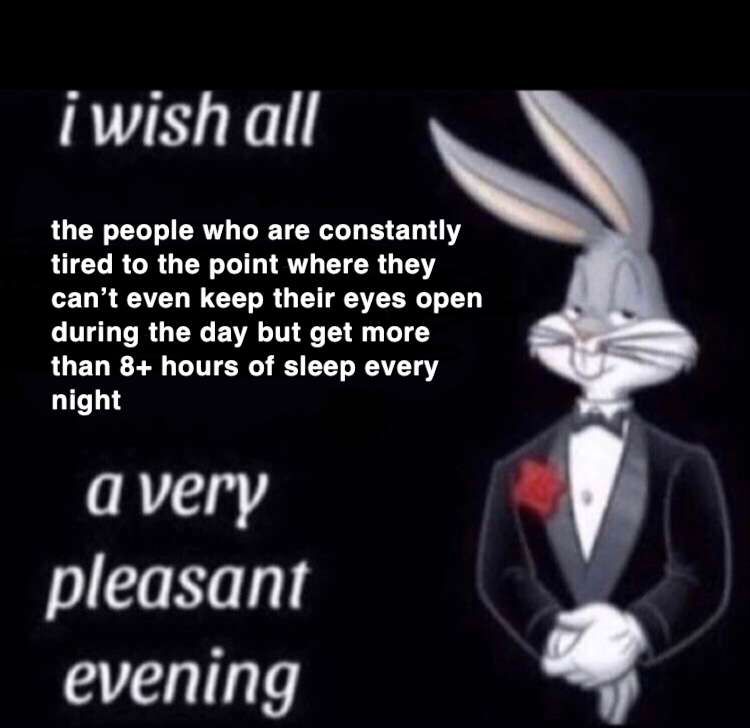
Unfortunately, it is not clear from the letter how long you have had insomnia. If it has passed into the chronic stage (more than three to four weeks), you need to contact a psychotherapist or neurologist. If the problem has arisen recently, you need to try to normalize sleep using simple rules.
You need to find out when there are periods of natural sleepiness in the evening. Then go to bed and wake up on your own, without an alarm clock. It is advisable to repeat this within one to two weeks. This is quite feasible on vacation. These hours of sleep will be your natural framework, that is, internal biological clock . In the future, it is necessary to adhere to this particular time for falling asleep and waking up.
It is advisable to repeat this within one to two weeks. This is quite feasible on vacation. These hours of sleep will be your natural framework, that is, internal biological clock . In the future, it is necessary to adhere to this particular time for falling asleep and waking up.
No, it doesn't. Perhaps your fatigue is not related to the amount or quality of sleep, but to poor daytime wakefulness (stress, non-compliance with the daily routine, etc.). Perhaps your internal circadian rhythm does not match the rhythm of your sleep: you go to bed and get up at the wrong time when your body wants it.
 .. I just didn’t try ... Some kind of sleep happens without taking pills after 3-6 nights, when I use oligopeptide (OL #4) for more than a month. But there must be ideal noise and temperature environments, and even ear plugs. And no irritants in life that provoke some kind of stress, either emotional or physical. All this can somehow be created for only a certain period! And no one will allow me to sleep with my own (and not chemical) precious sleep until 12 noon until the end of my life. Some of the above conditions "my life" excludes and that's it ... again I have to return to chemistry damn.49l. There are no bad habits. I left only useful ones ... What smart advice do you have?
.. I just didn’t try ... Some kind of sleep happens without taking pills after 3-6 nights, when I use oligopeptide (OL #4) for more than a month. But there must be ideal noise and temperature environments, and even ear plugs. And no irritants in life that provoke some kind of stress, either emotional or physical. All this can somehow be created for only a certain period! And no one will allow me to sleep with my own (and not chemical) precious sleep until 12 noon until the end of my life. Some of the above conditions "my life" excludes and that's it ... again I have to return to chemistry damn.49l. There are no bad habits. I left only useful ones ... What smart advice do you have? To stop taking sleeping pills and restore sleep, a lot of work is needed to increase the body's resistance to stress, as well as restore the correct sleep patterns. Usually it is carried out by psychotherapists. It may be necessary to start with a combination of drug therapy and behavioral therapy, with gradual tapering of the drug.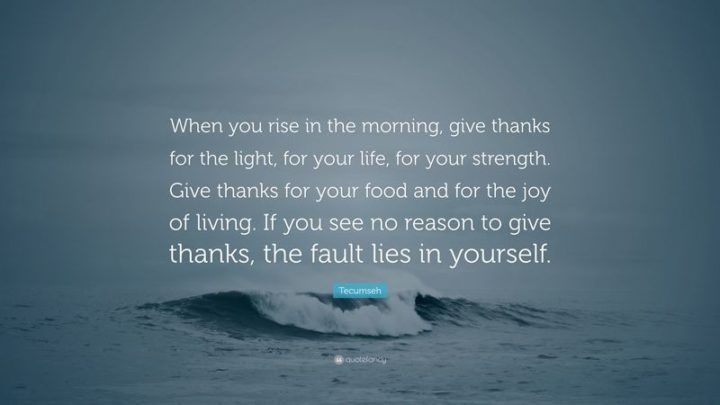 A good help in the issue of drug withdrawal is the use of bright light therapy.
A good help in the issue of drug withdrawal is the use of bright light therapy.
It can be assumed that the difficulty in waking up is due to the discrepancy between your biological clock and the time you devote to sleep.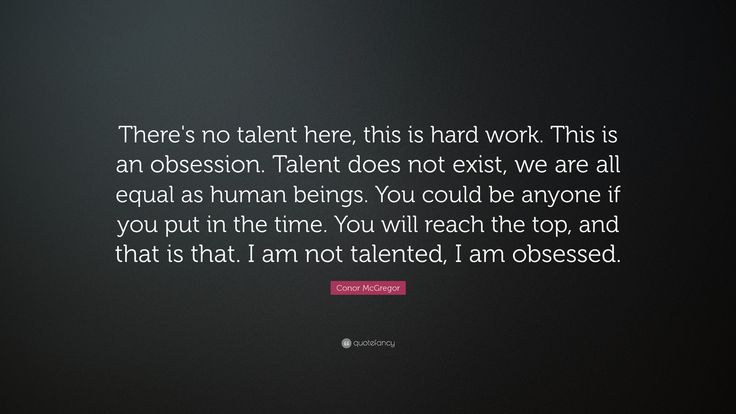 The fact that these periods do not coincide may be indirectly indicated by the fact that you experience an excessive need for sleep on weekends.
The fact that these periods do not coincide may be indirectly indicated by the fact that you experience an excessive need for sleep on weekends.
You mentioned "neck problems". Probably, it is necessary to begin treatment with a consultation with a neurologist, and not a chiropractor.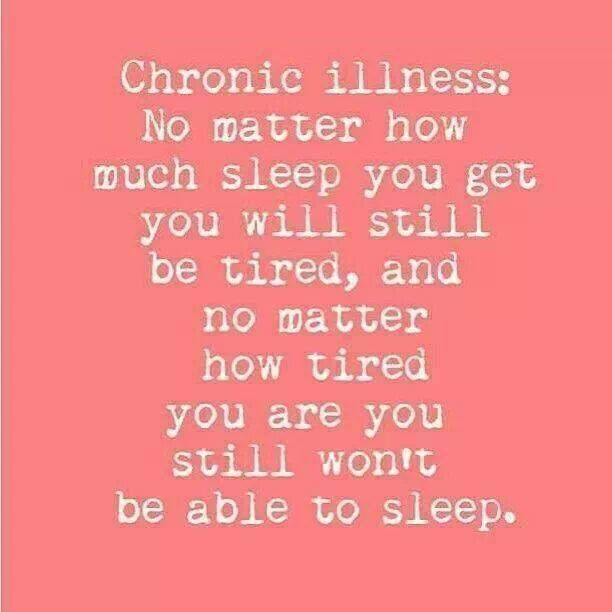 Chronic neck problems can lead to poor sleep. Pain and the need to find a comfortable position cause frequent awakenings, and difficulty in venous outflow causes swelling of the face in the morning.
Chronic neck problems can lead to poor sleep. Pain and the need to find a comfortable position cause frequent awakenings, and difficulty in venous outflow causes swelling of the face in the morning.
The main criterion for good sleep is a feeling of cheerfulness and a burst of energy for daytime activities. It is usually not recommended to fill up after the first awakening. To avoid sleep deprivation in your situation, you need to go to bed earlier.
 And this has been my principle since childhood. I can’t sleep during the day, and even if I haven’t slept for a day, 2 days, I still won’t fall asleep during the day. It will be very strong I'll have a headache, I'll want to sleep sooooo much, but I won't fall asleep until the night comes. and another question - the last time, regardless of when I go to bed - at 12.1 at night, or 2 - I wake up (by myself) at 6-6.30. It's connected? Thanks a lot!
And this has been my principle since childhood. I can’t sleep during the day, and even if I haven’t slept for a day, 2 days, I still won’t fall asleep during the day. It will be very strong I'll have a headache, I'll want to sleep sooooo much, but I won't fall asleep until the night comes. and another question - the last time, regardless of when I go to bed - at 12.1 at night, or 2 - I wake up (by myself) at 6-6.30. It's connected? Thanks a lot! Why do you need to sleep during the day? You need to sleep at night, and if this is a problem, then establish a night's sleep. Be sure to consult your doctor and follow his recommendations. Answering the second question, we can recommend going to bed earlier. Then at 6:30 you will wake up more sleepy and rested. This is probably how your biological clock works: go to bed earlier and wake up earlier.
 I have 2 small children (2.5 years old and 8 months old) I constantly want to sleep, I’m all broken during the day, I can’t wait for the evening to go to bed, but when I go to bed, I sleep and some kind of activity appears. I go to bed at 1.00-2.00 before it does not work. In short, I go to bed when I’m already lying down, otherwise I can’t fall asleep. I’m also worried about tinnitus, for quite a long time from about the end of pregnancy, they said that it would pass after childbirth, but it didn’t. - it also prevents me from falling asleep.
I have 2 small children (2.5 years old and 8 months old) I constantly want to sleep, I’m all broken during the day, I can’t wait for the evening to go to bed, but when I go to bed, I sleep and some kind of activity appears. I go to bed at 1.00-2.00 before it does not work. In short, I go to bed when I’m already lying down, otherwise I can’t fall asleep. I’m also worried about tinnitus, for quite a long time from about the end of pregnancy, they said that it would pass after childbirth, but it didn’t. - it also prevents me from falling asleep. Try following the rules of good sleep to counteract daytime sleepiness and get more sleep at night. Your life situation makes you bear a lot of responsibility, but still try to rest and relax during the day at least for short periods in order to maintain your vitality. Tinnitus is a complaint that is usually consulted and treated by neurologists.
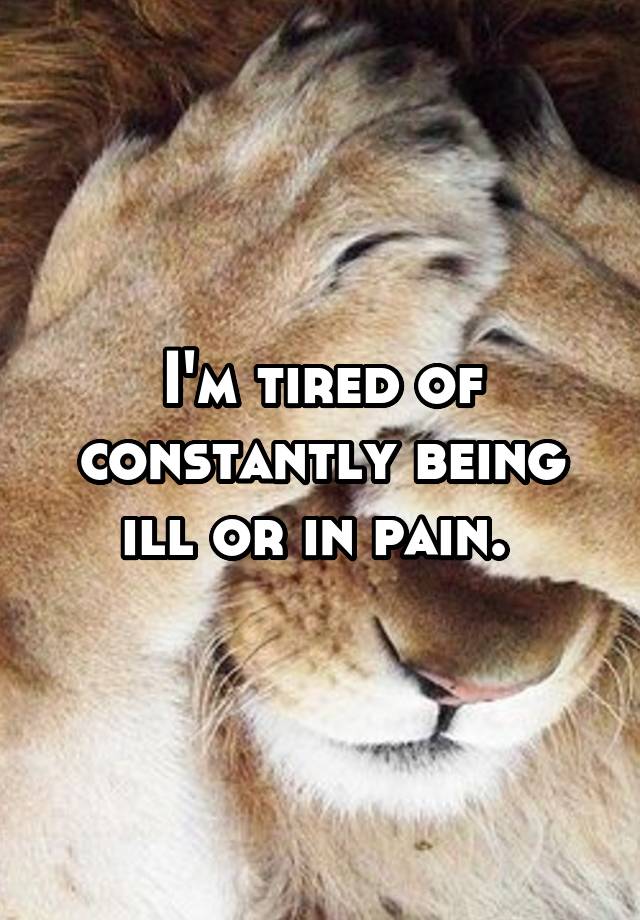
A sleep specialist should be consulted to rule out sleep disorders that may lead to such a high need for sleep.
For active awakening you need to get enough sleep. To follow this simple recommendation, you need to understand how many hours of sleep you need. To do this, you need to watch your sleep for two to three weeks, allowing yourself to wake up at a time that is comfortable. Usually this is done during the holidays. At the same time, you should go to bed at approximately the same time. When you understand how many hours of sleep you need, you can calculate the time to fall asleep and wake up.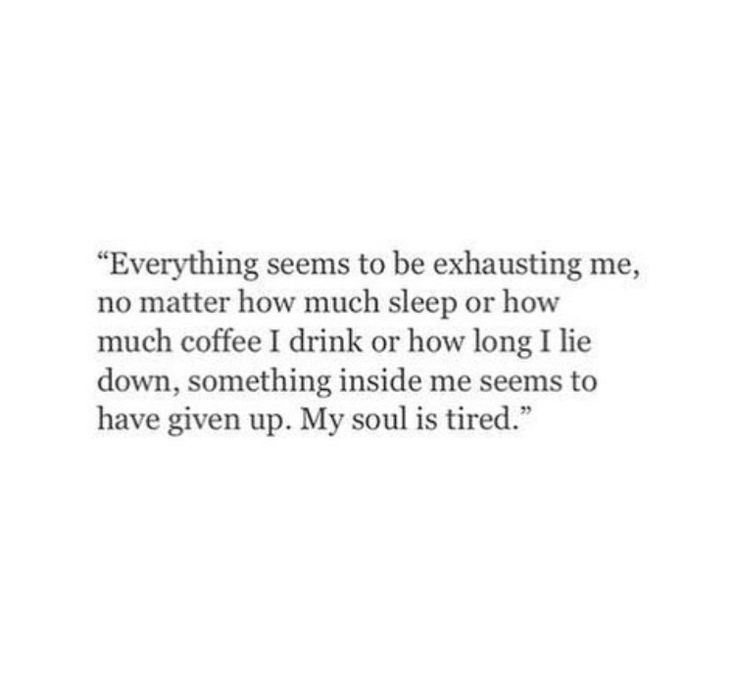
To find out the schedule of your biological clock , you need to go to bed when drowsiness appears, and get up when the body wakes up by itself. Only these watches are the most faithful. Regarding the clock shift to winter and summer time , sleep experts are of the opinion that such a transition brings little benefit and makes it difficult for people with a late biological clock to wake up in the morning.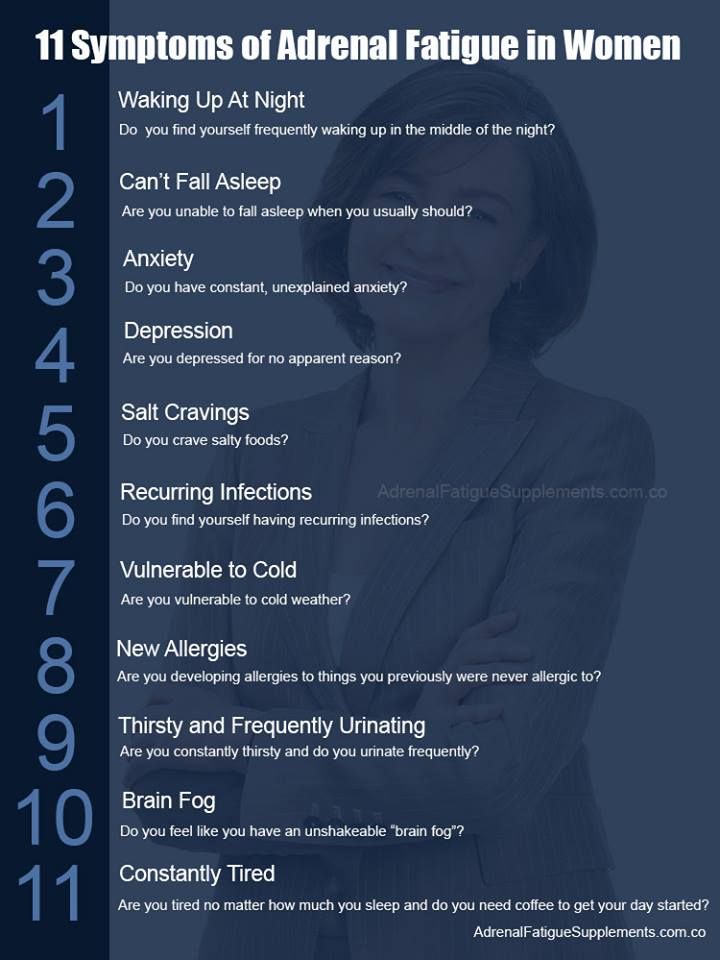 They are popularly known as "owls".
They are popularly known as "owls".
The need for sleep in a pregnant woman may increase, especially in the last two trimesters. If there is such a need, it is recommended to rest during the day for one to two hours, preferably at the same time, so as not to disturb the time for going to bed in the evening. The main criterion for adequate sleep is cheerfulness in the morning .
If you don't feel like sleeping at two or three in the morning, you need to get up. Immediately after the onset of drowsiness, lie down again. Try to go to bed early so that sleepiness occurs at nine or ten in the evening.
Try to go to bed early so that sleepiness occurs at nine or ten in the evening.
If you mean the cycle of sleep and wakefulness, then it is quite simple to recognize it. It is necessary to go to bed for several days only when drowsiness appears and get up when you have fully slept. This is usually feasible on vacation or on long weekends. After a while, your body will tell you when it is optimal to go to bed and get up. Your description shows a clear sleep deficit (less than seven hours of sleep) and weekend sleep schedule disruptions. This needs to be corrected.
This needs to be corrected.
One of the main biological rhythms is the 24-hour circadian rhythm. The human body is synchronized with the change of day and night, and the period from dusk to dawn is the most favorable for sleep. It is believed that 8–9hours is the optimal duration of sleep, and experts advise falling asleep before 11 pm. However, the quality of sleep depends not only on its duration and rise time.
Chronobiology as a science arose in the 18th century. It explores periodic phenomena occurring in living organisms over time. These cycles are called biological rhythms.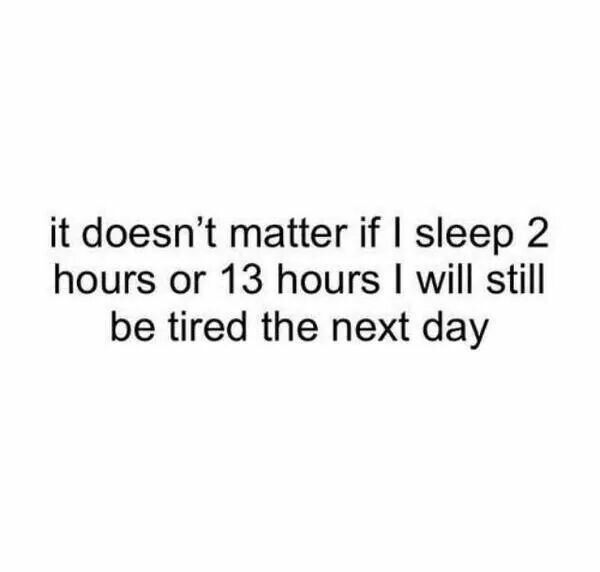 Chronobiological works include research in the field of comparative anatomy, physiology, genetics, and molecular biology.
Chronobiological works include research in the field of comparative anatomy, physiology, genetics, and molecular biology.
There are two phases: REM and non-REM sleep.
Slow-wave sleep:
Stage I 10-15 minutes. A state of dormancy.
Stage II 20 minutes. Deeper immersion in sleep, but the person remains sensitive to external sounds.
Stage III 45 minutes. The stage of deeper immersion in sleep.
Stage IV Deep sleep. 45 minutes.
REM sleep is the fifth stage of sleep and lasts about 60 minutes. A sleeping person is in the most active state, dreams can be remembered. This period is called "paradoxical", since during this phase the muscles remain relaxed, and the brain, on the contrary, is active and ready to perceive and process information. For healthy sleep, you need to go through 3-6 cycles. A lighter rise is expected at the stage of light sleep - at the 1st or 2nd stage.
In accordance with these phases, various applications and gadgets work that analyze sleep and choose the most suitable period for getting up. You can calculate these stages yourself and determine the time at which you need to get up.
You can calculate these stages yourself and determine the time at which you need to get up.
Therefore, if one of these phases is disturbed, or if the transition between them occurs too quickly, sleep disturbances occur, regardless of its duration. Sleep disruption not only affects daytime activities, but is also associated with various adverse health outcomes such as obesity, reduced quality of life, and even mortality.
Light from electronics sends alarm signals to the brain. The circadian rhythm seems to be particularly sensitive to short wavelength light, in particular to blue light in the 460nm range of the electromagnetic spectrum. It is emitted by gadgets, as well as energy-saving light bulbs. This light, according to a study by the international organization Sleep Foundation, delays the release of melatonin, a hormone that is produced for healthy sleep.
Melatonin tells the body that night has come and prepares it for sleep, but the light from gadgets interferes with its production and causes anxiety
In other words, gadgets make you be in an excited state before going to bed and will not allow you to go to the stage of deep sleep for a long time. Therefore, it is necessary not to use gadgets at least an hour before bedtime and reduce the light.
Therefore, it is necessary not to use gadgets at least an hour before bedtime and reduce the light.
Certain odors can interfere with your sleep. For example, the Sleep Foundation has determined that lavender lowers heart rate and blood pressure. This can potentially lead to a more relaxed state. In the study, researchers monitored subjects' brain waves at night and found that those who sniffed lavender before bed slept more soundly and felt more alert in the morning. Another study of infants found that they cried less and slept better after bathing with lavender-scented oils. Of course, lavender is not a cure for insomnia, but having oils, candles, or sachets in the room can be soothing.
However, scents that are too strong can also disturb your sleep. In particular, detergents must be carefully selected. Some of them can cause irritation and, as a result, cause the body to be in an excited state, even if thoughts do not interfere with sleep.
If you do vigorous exercise before bed, your body is awake afterward, even if you feel tired and ready for bed.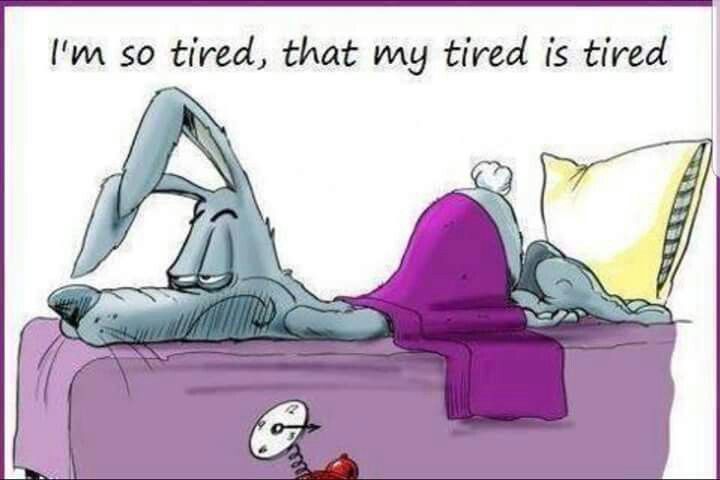 Muscles are in tension for at least another two hours (depending on the intensity of training). By exercising before melatonin begins to be produced (on average, the process begins at 8 pm), on the contrary, you contribute to falling asleep quickly and healthy sleep. At least two hours before bedtime, physical activity is undesirable. For example, if you go to bed at 11, sports should end at 8 pm.
Muscles are in tension for at least another two hours (depending on the intensity of training). By exercising before melatonin begins to be produced (on average, the process begins at 8 pm), on the contrary, you contribute to falling asleep quickly and healthy sleep. At least two hours before bedtime, physical activity is undesirable. For example, if you go to bed at 11, sports should end at 8 pm.
Caffeine is not only found in coffee and energy drinks. The body can excite the use of Coca-Cola, cocoa, dark chocolate, strong tea. Accordingly, other desserts containing these ingredients are also not recommended before bedtime.
The thermal environment is a key factor in sleep, say National Institutes of Health researchers. Too high or low ambient temperatures can affect the sleep of even healthy people who do not suffer from insomnia. Among various thermal environmental factors, the relationship between the use of clothing and bedding in humans and animals varies greatly. The effect of temperature on sleep stages differs depending on whether subjects are semi-nude or wearing bedding and clothing. This greatly helps to maintain body temperature at an acceptable thermal level in various environments.
The effect of temperature on sleep stages differs depending on whether subjects are semi-nude or wearing bedding and clothing. This greatly helps to maintain body temperature at an acceptable thermal level in various environments.
The optimum temperature for sleeping is 20 degrees, the room must first be ventilated. Accordingly, at this temperature, clothing and a cover should not increase your body temperature, but maintain it. Melatonin is more actively produced in a cool, ventilated room, as blood circulation improves in such an environment.
Source: Pim Chu / unsplash.com
Unhealthy sleep can also be associated with more serious disorders - parasomnias. This is a group of sleep disorders that are characterized by unusual human behavior during this period. There are four classifications of such deviations in accordance with the phases of sleep.
The most common form of parasomnia associated with non-REM sleep. It includes sleepwalking (in other words, sleepwalking), night terrors and awakenings.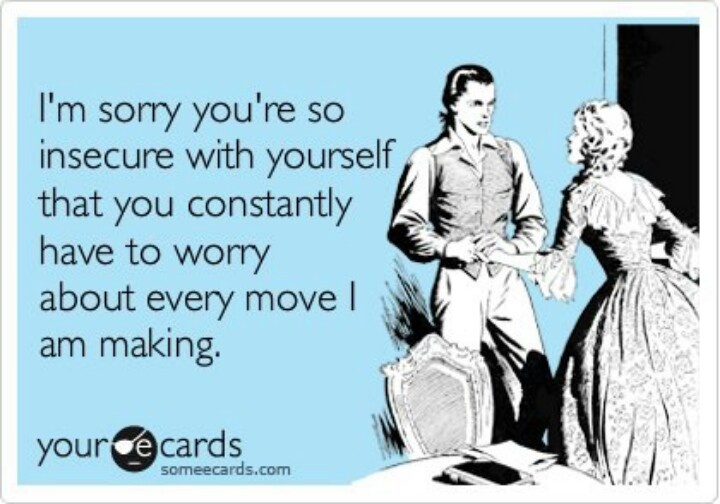 The brain does not have time to move from one phase of sleep to another, being in a state of wakefulness, which causes various deviations that are not recognized by a person. Sleepwalking is the so-called sleepwalking. The human body wakes up while his brain continues to sleep, so in the morning he does not remember anything. Night terrors are common in children, however, this condition also occurs in adults. One of the reasons may be an increased level of anxiety.
The brain does not have time to move from one phase of sleep to another, being in a state of wakefulness, which causes various deviations that are not recognized by a person. Sleepwalking is the so-called sleepwalking. The human body wakes up while his brain continues to sleep, so in the morning he does not remember anything. Night terrors are common in children, however, this condition also occurs in adults. One of the reasons may be an increased level of anxiety.
The next violation is confusional awakening associated with failures in the transition from slow to fast sleep. A person can wake up and perform some physical actions, but at the same time, he still does not perceive the world around him and may react inadequately to it, since the brain structures responsible for information processing are not yet fully functioning.
The fourth type of disorder is night eating syndrome. People can eat at night and not be aware of it. Some brain structures continue to sleep, while others make the body function.